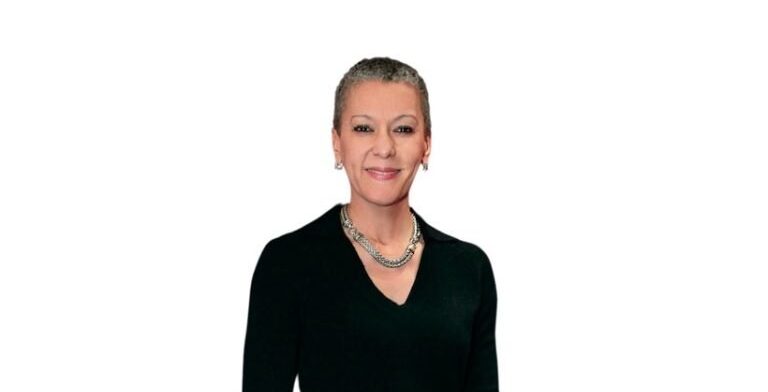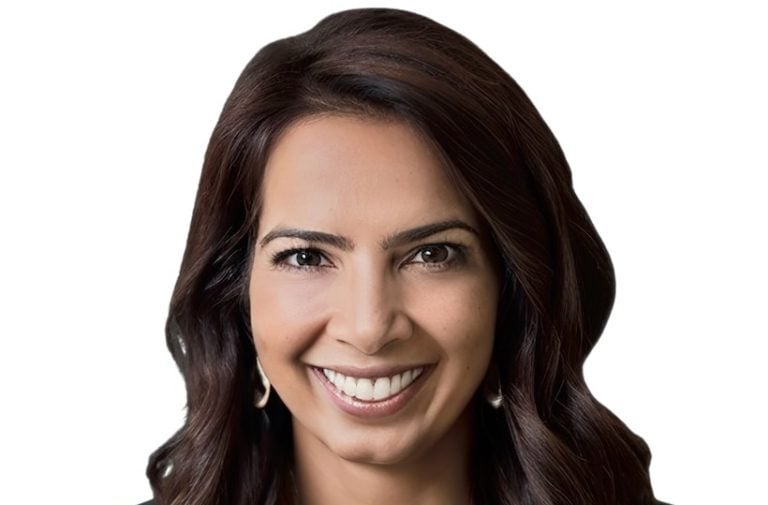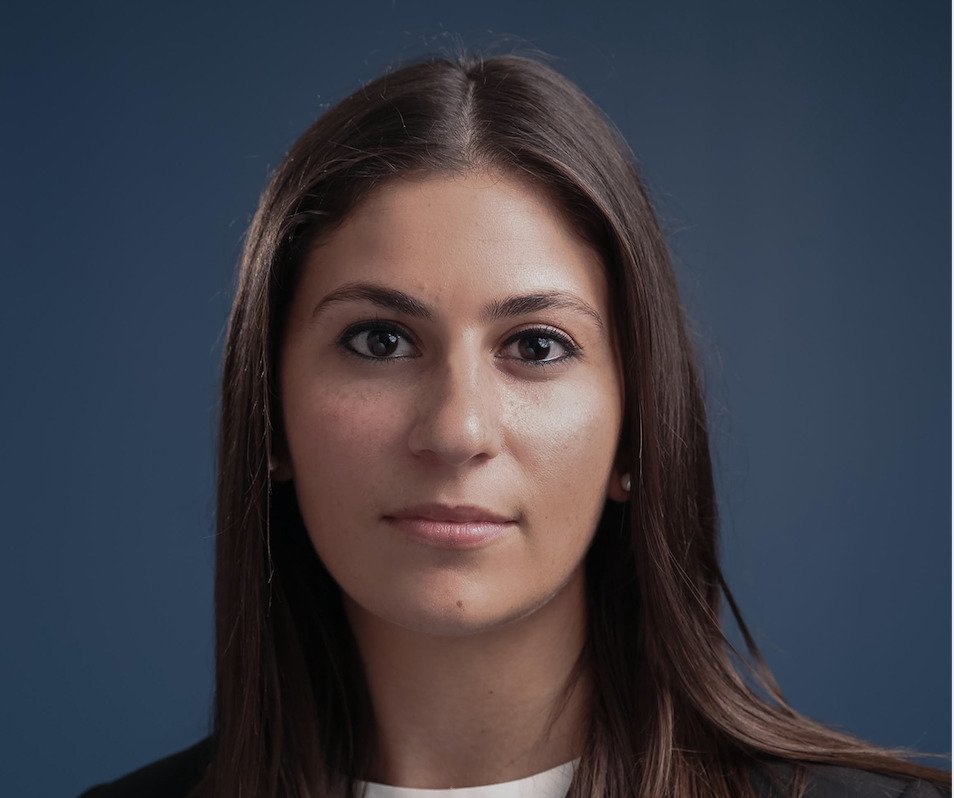Gen Z, the first generation born into the digital world, spends a lot of time on social media: 54% of Gen Zers spend up to four hours a day on social media and 38% spend even more. Players in the healthcare space need to meet Gen Z consumers where they are—online. As medical influencers grow their presence on social media and Gen Z begins to use healthcare more often, the industry needs to understand how Gen Z engages with health and medical content on social media.
Corporate Insight recently conducted a two-part study consisting of a survey and 14 user interviews to understand the connection between social media and healthcare for Gen Z, particularly the ways Gen Z turns to social media for health and medical information. Notably, our findings reveal that Gen Z tends to search for health and medical information on social media first. TikTok, Instagram and YouTube prevail as the top three platforms; in the full report, we highlight age-related differences within Gen Z in terms of preferred social media platforms. Google searches or looking on sites like WebMD and Mayo Clinic are a second thought.

Gen Z is particular about the social media content they consume and take information with a grain of salt.
Gen Z applauds content on social media for being simple, free and up to date, although they are picky about the content they consume. They consider the content creator’s demographics and educational background, tone and language, and content popularity—likes, comments and followers. They also care about when the post was uploaded, whether the account is verified, and whether promotions or ads are featured.
Surprisingly, medical licensing and qualifications are not highly valued. Less than half (45%) of survey respondents say that it’s “very” or “extremely” important that the content creator is medically licensed or board certified. Gen Z notes that healthcare professionals can spread false information online and that they may still disagree with the provider’s opinion, regardless of an individual’s licensing.
“Qualifications are one thing, but I pay more attention to the tone that they have when speaking to their audience. If I can tell based on the way an influencer’s talking that they have some values that I don’t align with, I’m not going to be following them.”
Gen Z is well aware that not all health and medical information they see on social media is accurate. To combat this, they use several methods to ensure that they do not consume content blindly, such as using social media to search up non-serious and minor health concerns only. They also check the comments section to see how others feel and react to the post, or cross-check information on Google, such as the academic background and qualifications of an influencer.

Social media leads to Gen Z diagnosing themselves with a condition, although they do not always follow up with a doctor after.
Self-diagnosing is a prominent phenomenon observed within the Gen Z demographic—40% of survey respondents diagnosed themselves with a health or medical condition based on social media content. Among these individuals, only 71% sought an opinion from a doctor or nurse afterwards. For some, self-diagnosing occurs naturally when looking up symptoms. For others, it helps determine the urgency of the situation and when to make an appointment. Gen Z also finds that having a self-diagnosis allows them to feel more knowledgeable and prepared for an appointment. At the same time, most are hesitant to mention their self-diagnosis to their provider; rather they describe their symptoms and wait for the doctor to diagnose them. In the full report, we discuss insights from three interviewees who diagnosed themselves with ADHD and took different approaches regarding their care after.
“At the doctor’s office I don’t explain how I got to that conclusion. I just tell them my symptoms. I am not the licensed person here, I didn’t go to school for this.”
Mental health awareness continues to rise among Gen Z.
Among survey respondents who diagnosed themselves with a condition, 65% indicated that it was related to mental or behavioral health. Anxiety is the top self-diagnosis (56%), followed by depression (47%) and ADHD (35%).

Due to concerns about stigmatization, Gen Z values the ability to learn about the experiences of others with the same condition through social media, rather than consulting a provider. At the same time, a major concern for interviewees is inaccurate and exaggerated content around mental health, once again pointing to the high alertness Gen Z holds when it comes to trusting online information.
“Even though there’s a lot of awareness about mental health on social media, I think people sometimes take it a bit too far by pathologizing everything and diagnosing the most normal and human behaviors, trying to make it out to be some mental disorder.”
To engage Gen Z consumers, health systems and health insurers need to maintain an active presence on social media and create content that Gen Z finds visually pleasing, engaging, reliable and trustworthy. Firms can also use social media to boost health insurance literacy, something interviewees mentioned they would appreciate.
The full report dives into Gen Z’s motivations for turning to social media first, as well as their cautiousness around content accuracy and awareness of misinformation. We highlight their content preferences and product purchasing behavior based on promotions or ads for items related to health and medical conditions. To receive a copy of the report, please click here.
For more insights into digital innovation in the healthcare space, check our Corporate Insight’s research services in four areas: Health Plan, Medicare, Health System and Pharmacy. Or take a look at our Healthcare Briefings for more on a specific topic.










